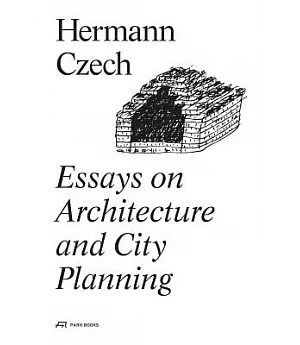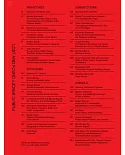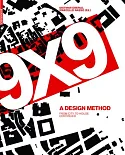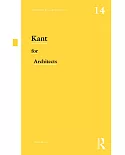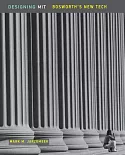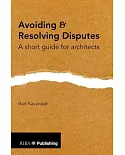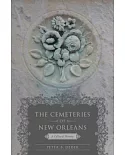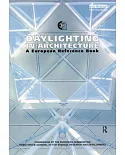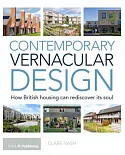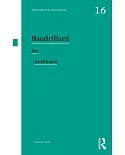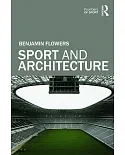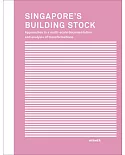Very few architects are equally prolific in theory and design, and Austrian Hermann Czech is one of the few. Over the course of six decades, he has created a widely recognized body of built
work while also developing a unique architectural theory based on his knowledge of philosophy and architectural history. Essays on Architecture and City Planning makes his influential
ideas finally available to an English-language audience.
In these essays, collected from throughout Czech’s career, he analyzes mannerism and calls attention to underestimated works of architecture. He also delves into his own ambivalent
relationship to modernism. Of particular significance are the essays focused on Czech’s appeal to embrace reason over style. In addition, Czech reveals his engagement with the work of Hegel,
Kant, Wittgenstein, and Adorno as applied to architectural topics. Throughout, Czech showcases his commitment to developing precise terminology to advance architectural dialogues while
rooting these dialogues in the larger history of ideas.

